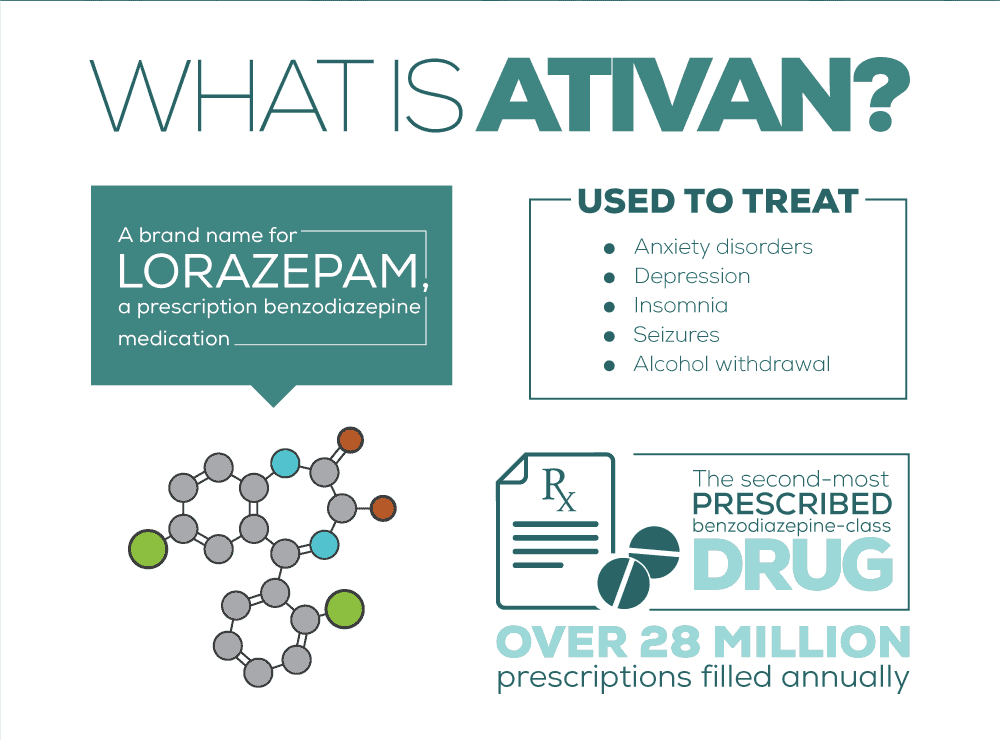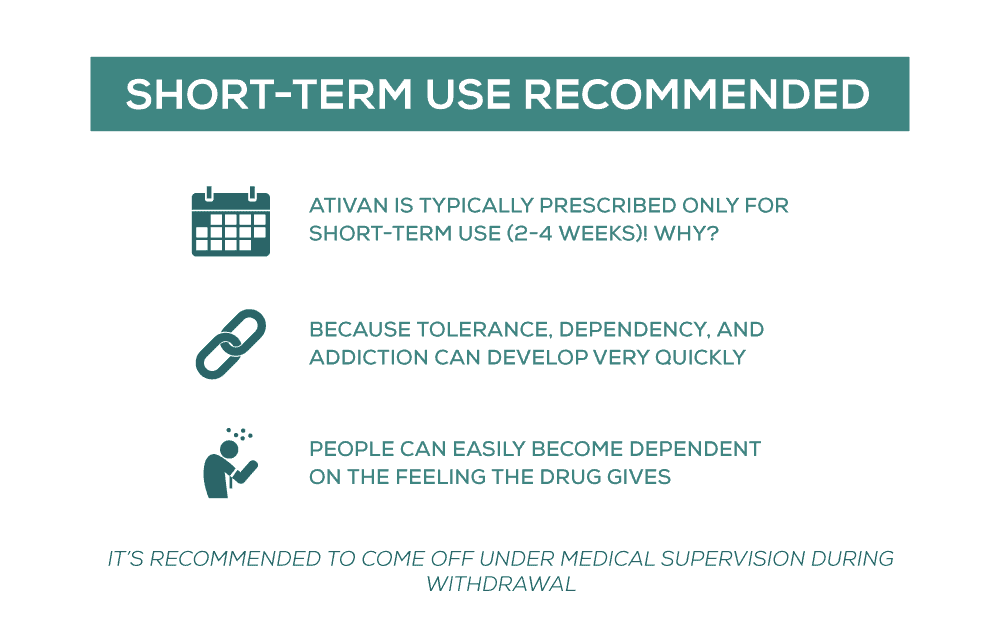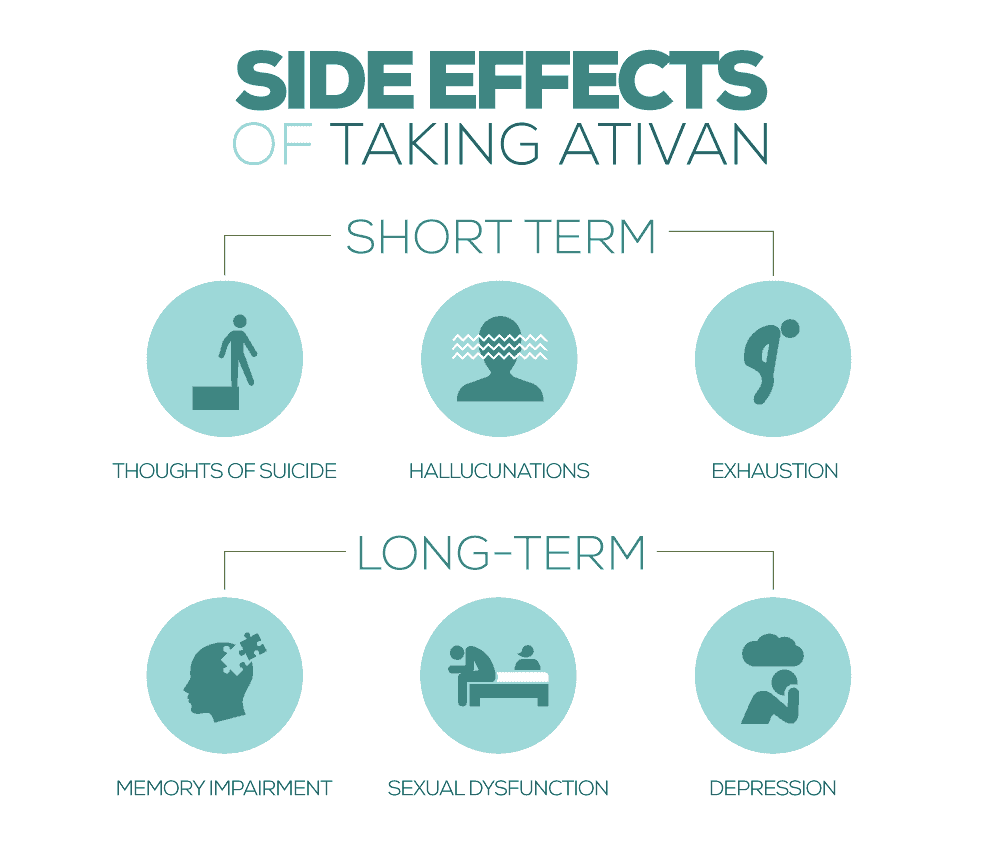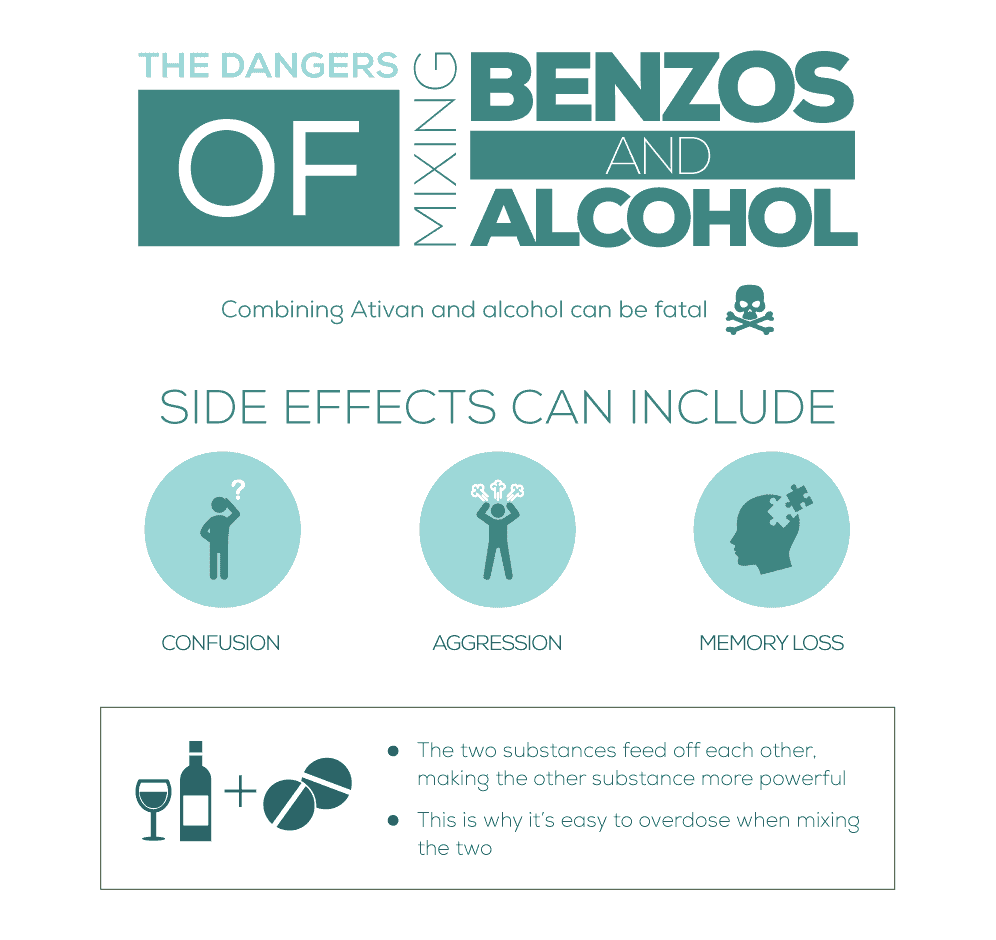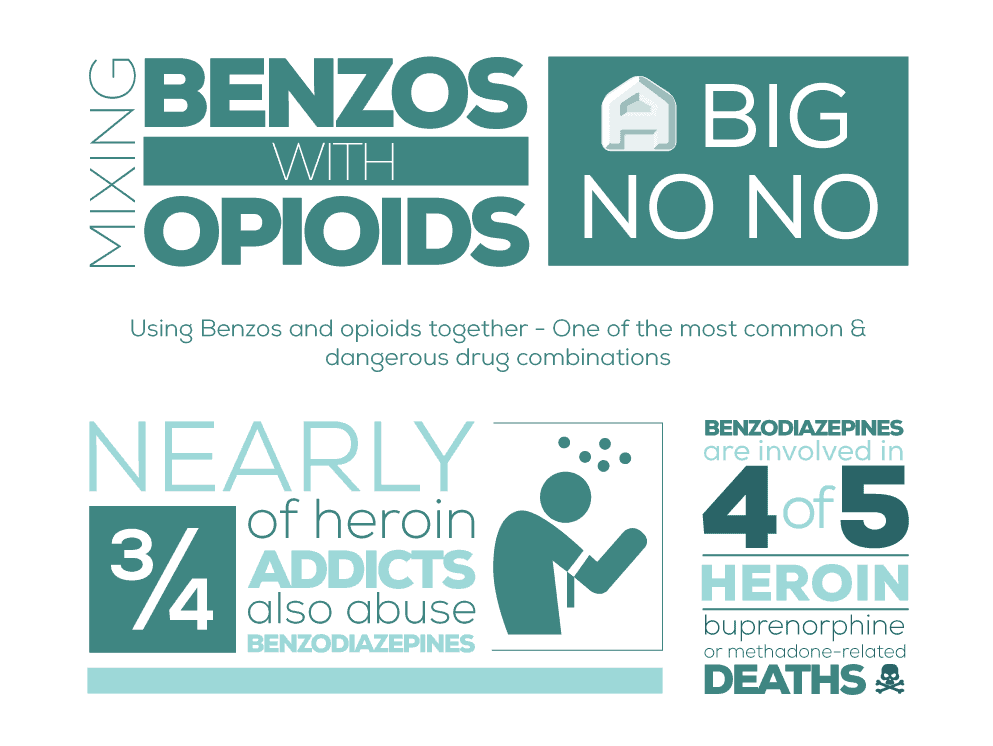Chris Cornell was the front man for Soundgarden and then Audioslave. He committed suicide in 2017 and Ativan was found in his system. His wife called his actions “inexplicable”. In a recent interview, a year after his death, she said that he loved his life and would never end it. Addiction to Ativan is a deep and complex disease. According to Vicky Cornell, when she spoke to her husband by phone shortly after his Detroit performance, she noticed he was slurring his words. In a later statement, Vicky said, “…he told me he may have taken an extra Ativan or two…”. Concerned, she called security guards and asked them to check on Chris. When they found his body, it was just hours after his final show.
“Get your loved one the help they need. Our substance use disorder program accepts many health insurance plans, this is our residential program.”
Was Ativan a factor in the suicide of Chris Cornell?
He was only 52 years old. Vicky Cornell spoke to Rolling Stone Magazine about his suicide recently. She said that her husband’s character changed when he started taking benzodiazepine. He had injured his shoulder and this powerful painkiller was prescribed to him. She spoke of a one week long period where he took about 20 pills. Cornell committed suicide in his hotel room and his wife has openly blamed the suicide on his medication.
What You Need to Know about Ativan and Its Effects
Benzos are the most frequently abused and form a major part of America’s drug addiction epidemic. Owing to the effect benzos have on both the physical as well as emotional state of a person, the danger of growing a dependence on them is the highest. Benzos are also easily available and often prescribed by doctors. Ativan is the brand name for Lorazepam, an anti-anxiety medication and an anti-depression prescription pill. It has sedative qualities, depressing neurons in the brain so they don’t function optimally. A person will feel calm to their very core. The effects of benzos can cause dependency. This is one of the reasons it’s so addictive. There is a high risk for Ativan addiction because of the mental effects and the physical effects. Because it can also be given for insomnia, seizures, and alcohol withdrawal, Ativan is the second-most prescribed benzodiazepine-class drug. Over 28 million Ativan prescriptions are filled every year. While they should only be short-term use, sometimes this isn’t the case. Long-term use can be risky because dependency comes on quickly.
How do People Become Addicted to Benzos like Ativan
Lorazepam will often be prescribed for short-term use when someone is experiencing anxiety disorders or similar issues. Practitioners typically prescribe it for just a few weeks to avoid tolerance, dependency, and addiction. Even in short durations, patients may find it challenging to function without Ativan. They will start to display symptoms of addiction. Ativan is also used recreationally for its calming effects. Lorazepam belongs to a group of medicines called the benzodiazepines. Receptors in the brain are affected, causing the neurotransmitter known as GABA to be released in the brain. The neurotransmitters in the brain are chemicals stored in nerve cells. They send messages between nerve cells. The GABA is as ‘nerve-calming’ agent. The GABA keeps the activity in the brain balanced so you sleep better, reduce anxiety, and relax the muscles in the body. Ativan increases the activity of GABA, giving the user a sense of calm. People that are given Ativan can easily become dependent on the feeling the drug gives them. When they stop using it, it can cause the anxiety and other side effects to come up. The brain will not have an easy time releasing GABA on it’s own if you take Lorazepam for long periods. There is also physical dependence on the drug where the body doesn’t function properly without it. If you were to withdraw from it suddenly, you would experience serious physical and psychological side effects. This is why it’s recommended that you’re under medical supervision during withdrawal.
Short Term Side Effects
Ativan side effects can come on immediately. Upon taking the drug, people may notice an altering of their mood and how they process thoughts. Here are some of the short term side effects:
- Confusion.
- Depression.
- Thoughts of suicide.
- Hyperactivity.
- Agitation.
- Hallucinations.
- Lightheadedness.
- Drowsiness.
- Exhaustion.
- Blurred vision.
“We treat both addiction and co-occurring disorders and accept many health insurance plans. Take a look at our inpatient program.”
When taken short-term –two to four weeks – Ativan is generally safe and effective. However, there are possible adverse side effects when used long-term:
- Long-term cognitive and memory impairment – lasting 6 months or more or perhaps become permanent.
- Sleep disturbances
- Sexual dysfunction
- Blackouts
- Psychosis
- Mania
- PTSD
- Impulsive behavior
- Depression
“Chris, a recovering addict, had a prescription for Ativan and may have taken more Ativan than recommended dosages. The family believes that if Chris took his life, he did not know what he was doing, and that drugs or other substances may have affected his actions.” ~ Cornell Family Attorney, Kirk Pasich That last effect – depression – is significant in the case of Chris Cornell. In people struggling with depression, the medication can increase the risk of suicide. In fact, compared to the general population, people with major depression are 20 times more likely to kill themselves. Of special relevance, benzodiazepine abuse leads to both losses of inhibition and impulsiveness. Dr. Asher Simon, M.D., who serves as an Assistant Professor of Psychiatry at the Mount Sinai Hospital in New York, says, “In someone who is already depressed and suicidal, it can impair their judgment – and if someone is intent on killing themselves, it can lower their inhibition and make them more likely to act on their impulses.” Cornell’s family doesn’t consider his suicide to be intentional and disputes the coroner’s report. Attorney Pasich said in a statement, “Without the results of toxicology tests, we do not know what was going on with Chris — or if any substances contributed to his demise.”
Other Stars Who Have Died from Anti-Anxiety Meds
Celebrities have a lot of stress in their lives which is probably part of the reason so many have died from anxiety medications. In the past five years, there have been nearly ten stars who have taken their lives while on benzodiazepines. Many people in the public eye have “co-occurring anxiety disorder”. One of the best ways to curb the symptoms of this disorder is to use benzodiazepine. Stars often don’t have time to holistically relax so pills that offer immediate relaxation are popular.
Amy Winehouse
Accidental alcohol poisoning was the call on her death. Later, her dad told CNN that she had benzodiazepine in her system when she died.
Brittany Murphy
Brittany Murphy had pneumonia at the time she passed away so many originally believed that’s how she died. Actually, she died from drug intoxication that involved two types of benzos.
DJ AM (Adam Goldstein)
He died from a variety of drugs mixed together. Two of the meds were the same type of benzos Brittany Murphy died from.
Heath Ledger
Found dead in his apartment from overdose, Ledger had taken a mixture of drugs that included benzos.
Mike Starr
Alice in Chain’s, Mike Starr, was mixing methadone and anti-anxiety medications hours before he died.
The Dangers of Mixing Benzos and Alcohol
The combination of Ativan and alcohol can be fatal. Side effects can include confusion, aggression, slurred speech, and irritability. It’s possible that you’ll suffer from short-term memory loss too. The two substances feed off each other, making the other substance more powerful. It becomes easy to lose track of how much one is consuming. This is why it’s easy to overdose when mixing the two. It would be equally as dangerous to quit ‘cold turkey’ if abuse has been ongoing. Withdrawal symptoms from both substances can include paranoia, seizures, and the potential of psychosis.
Ativan and the Risk of Suicide
Chris Cornell killed himself while under the influence of benzos. Researchers have found a connection between benzo abuse and the risk of suicide. It is similar to someone with alcohol dependency. Many people will die by suicide in an ‘Ativan blackout’, overmedicating to stop feeling emotions that are uncomfortable. Studies have found variables as to why suicide risk is high. Patients that are in need of Ativan are perhaps already at greater risk of hurting themselves. People may try to come off of Ativan on their own and experience terrifying emotions and thoughts. This can cause them to carry out suicidal thoughts. These thoughts are one of the side effects of taking Ativan.
“We accept many health insurance plans. Get your life back in order, take a look at our residential program.”
Ativan and the Risk of Misuse and Addiction
Any class of medication under the benzodiazepine family is habit-forming. This makes them highly risky for abuse. Every year, 200,000 Americans will abuse benzos for the first time. Building a tolerance to benzos doesn’t take long. Someone with anxiety will feel much more relaxed on Ativan. As time goes on, they aren’t as effective. The body and mind gets used to the effects so the user has to take more. This is a highly dangerous cycle because to gain the effects back, a user will have to take more. This tolerance can lead to addiction. There are people who will use Ativan and other benzos recreationally also. This will often entail a person taking more than one would ever be prescribed. Long-term use results in tolerance, dependence, and ultimately, addiction. Benzodiazepine withdrawal can be so severe as to be life-threatening. People may become heavily depressed or overly anxious. They may not be able to sleep when they withdraw from benzos and feel completely out of control. For this reason, detox from this class of medications should ONLY occur under close medical supervision. 20 years ago, approximately one million American adults had a benzodiazepine prescription. Today, that number has ballooned to 13.5 million. Even worse, the amount of medication given in the average prescription increased by roughly 40%. Significantly, even taking these medications “as needed” – PRN – promotes misuse. For too many patients, it translates to “as much as I want”. Or, as Chris Cornell said, “an extra Ativan or two.” Dr. Amy Swift, MD, with Mount Sinai Beth Israel, says, “When they are prescribed “as standing”, people take them in the expected fashion, but when there is a little bit less standardization of what exactly is expected of the patient, then there is more room for misuse.” As a result, the number of benzodiazepine-related deaths have skyrocketed. In fact, approximately one-third of all prescription overdose deaths in America involve Xanax, Ativan, Klonopin, and other “benzo” drugs. Last year alone, that resulted in over 7000 deaths, a fourfold increase from 20 years earlier.
Ativan and Poli-Substance Abuse
Cornell had an extensive and well-documented prior history of substance abuse, including an addiction to OxyContin. His drug use spiraled out of control in the late 1990s, when he was experiencing major professional and personal setbacks. Although he checked into rehab in 2002, recent indications point to the possibility of renewed struggles. Tour manager Ted Keedick stated that Cornell was “high” and “out of character from Note One” during his final show. There are also multiple reports saying that Cornell had obvious fresh track marks on his arms. This is one of the telltale signs of heroin addiction. Why is this significant? Benzos and opioids together are one of the most common drug combinations. Nearly three-quarters of heroin addicts also abuse benzodiazepines, with one-fourth of those reporting that they use benzos daily. When taken intravenously at the same time, the resulting high has been described as “longer and stronger”. Furthermore, most heroin addicts – 80% – started out by misusing prescription opioid painkillers. The benzo/opioid polydrug combination is especially dangerous. Both types of drugs suppress respiration, but when used together, those breathing difficulties manifest faster and last longer. The result is respiratory failure. Benzodiazepines are involved in 4 out of 5 heroin, buprenorphine, or methadone-related deaths.
A Roadmap to a Tragic Destination?
Unfortunately, an an-all-too-common pattern emerges in Chris Cornell’s life, step by step:
- A personal history of addiction
- A co-occurring mental disorder – anxiety
- Trauma – a painful, protracted divorce
- The abuse of prescription opioids, specifically OxyContin
- The switch from OxyContin to heroin
- A period of recovery interrupted by a relapse
- The misuse of a prescription benzodiazepine, specifically Ativan
- Warning signs that concerned friends and family
- Suicide
What Can We Learn from All of This?
If we can learn anything from this tragedy, it is this—ANYONE can struggle substance abuse. Despite fame and fortune, even successful celebrities can also:
- Suffer trauma and emotional pain
- Deal with anxiety, depression, or PTSD
- Can be vulnerable to relapse
- Become physically and/or psychologically dependent upon legally-prescribed medications
Keep that in mind – even legitimate prescriptions can be addictive and dangerous. This means that you, as the patient, need to educate yourself about the medications you are given. Never be afraid to have a frank conversation with your doctor about the risks involved. But the most important lesson to be learned is to never ignore the warning signs of prescription misuse, dependence, abuse, and addiction. Timely intervention and effective drug treatment can save the life of someone you care about. If you know someone you suspect is addicted to benzos, let them know you can help. When someone is on antidepressants or anti-anxiety medications, they will need counseling for Ativan addiction. Let them know that they will be fully supported and that there are professional treatment centers that can help them detox and tackle the issues that lead to addiction.
What Did you Think About This Blog?
Give it a Rating!
[kkstarratings]


